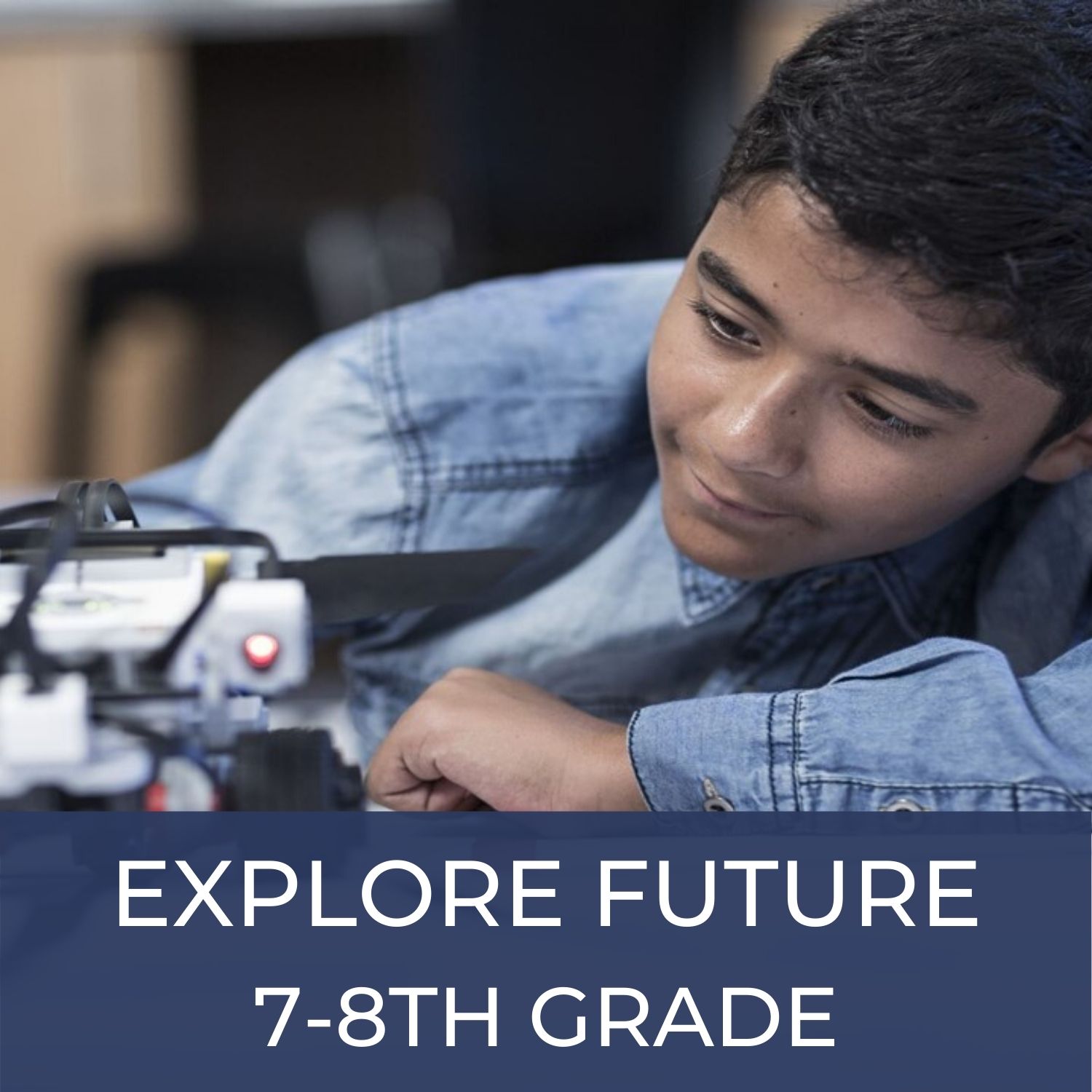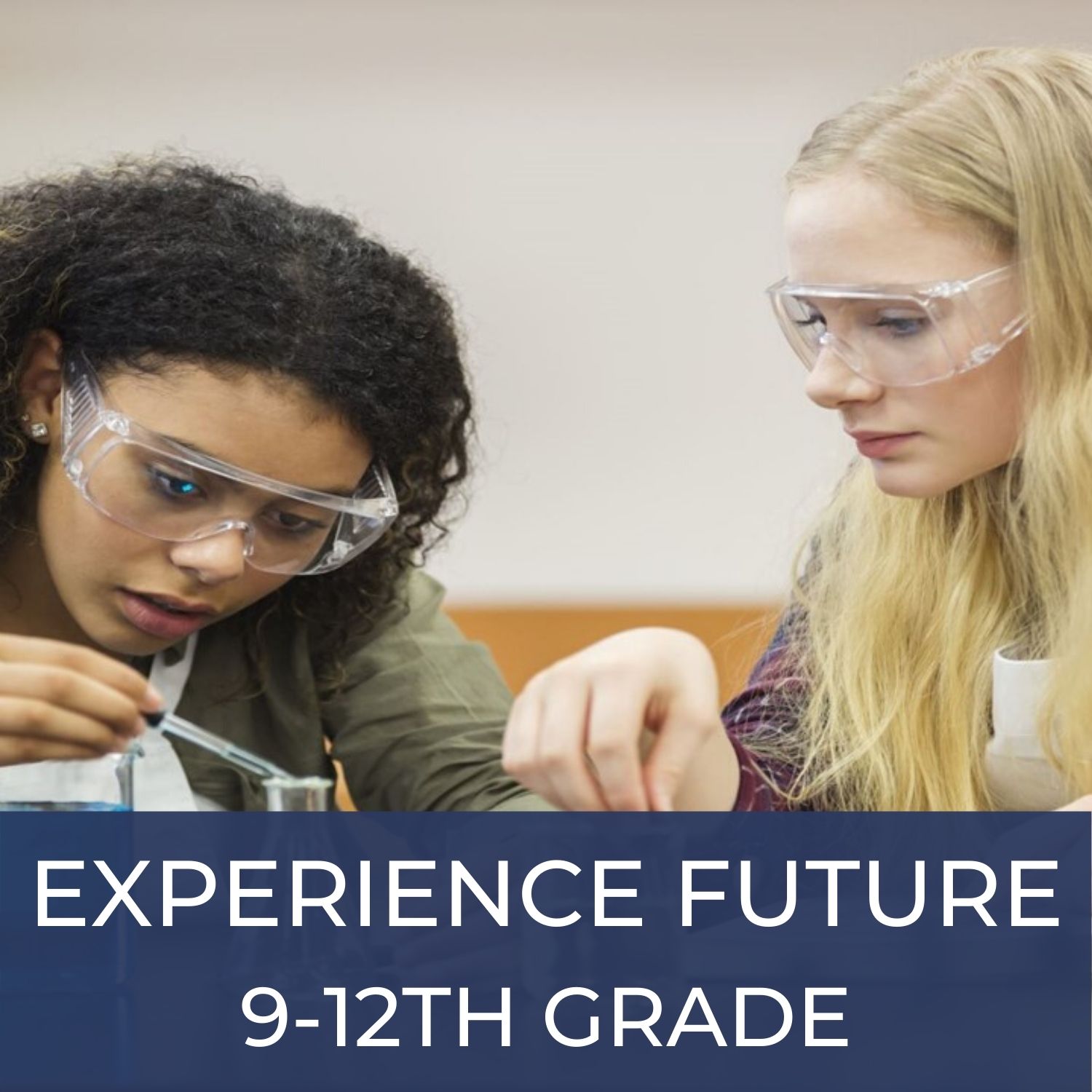PATHWAY TO FUTURE: DISCOVER FUTURE offers science, technology, engineering, arts and math (STEAM) workshops for elementary school students (5th-6th grades)
During these workshops, students assume the roles of space explorer, marine biologist, computer programmer, and more as they immerse themselves in hands-on projects. Top-notch STEAM instructors lead these workshops, serving as both teachers and role models. These summer workshops also incorporate real-life stories of vibrant women conducting research in each field. Their examples inspire students and help make STEAM careers more accessible.
LIST OF COURSES:
Intro to 3D modeling with Blender: 3D modeling is a fast-developing technology with applications in many fields and careers. Use the open-source program Blender to explore the potential of 3D modeling and printing. We will start with an introduction to Blender, an extremely powerful tool for 3D modeling. Students will learn how to use Blender for computer-aided design projects such as 3D printing, tool making and architectural modeling. They will practice re-creating chess pieces in a physical and a digital environment. Students will also learn the basics of environmental design for video games. The class offers a good starting point for moving on to more advanced 3D modeling skills.
Intro to Trash to Treasures: Upcycling at its Best: We all know it’s important to recycle to slow the flow of trash into overstuffed landfills. Now discover how to put a creative spin on recycling by “upcycling” – turning trash into treasures such as art pieces or useful objects. We will explore how trash can be transformed using different techniques and art mediums. But first students will consider how much waste they produce and discuss the importance of reducing, reusing and recycling in their daily lives. They will learn the difference between recycling and upcycling and then brainstorm ways to create artistic, useful and valuable products from discarded materials. As they work on individual and group upcycling projects, students will be encouraged to take creative risks and cultivate imagination, persistence and collaboration. The class will help students understand that they have an important role to play in protecting our planet.
Messy Science: Ready to get messy in the name of science? We will design things, test things, throw things and stomp on things while exploring fascinating phenomena in Earth science. Students will conduct messy and noisy experiments as they investigate glaciers, volcanoes, earthquakes, landslides, permafrost, sea level rise and tsunamis. We will make slime-like “flubber” to model glacier movement and create a landscape in a box to simulate the destructive power of earthquakes and tsunamis. Students will also observe lava flow in a volcano fueled by baking soda and vinegar. These and other fun, hands-on experiments provide an engaging introduction to geology, seismology, oceanography and other branches of Earth science.
Python: Exploring the Web: A basic understanding of how the internet works is a valuable tool in many today’s high-tech careers. Explore the intricacies of the web and then use Python to program simple apps for internet communication. Students will examine the technology behind the World Wide Web. Then they will get an introduction to the syntax of the Python programming language and the basics of code documentation. Students will use Python to create a variety of small applications that utilize communications over the internet. In building these applications, they will discover how to use existing network systems to make powerful programs. The class is most suited for students with beginning to intermediate experience in a coding language.
Ready, Set, Create: A Maker Space Lab: A Maker Space is a place where people get together to tinker, ponder and create. In our Maker Space Lab, students will tackle a variety of engineering challenges and develop their own innovation or invention. Using a variety of everyday materials, students will take on challenges such as “create a fall-proof skateboard” or “create an all-weather hat.” Art, science and engineering will come into play as students develop innovative solutions. As a final project, students will come up with an innovation or invention of their own. They will gain experience in product design, technical writing and art design as they develop their creations. Then they will present their inventions to a panel of classmates in a format similar to the television show “Shark Tank.”
Slimy Sea Creatures: Invertebrates like octopuses, jellyfish and squid have fascinating adaptations for life in their ocean ecosystems. Take on the role of marine biologist as we conduct a hands-on investigation of slimy sea creatures. Students will observe and touch sea stars, sand dollars and moon snails, to name a few. They will watch a squid dissection and write their names in squid ink while learning about anatomical structures of invertebrates. We will investigate the secret of how octopuses change color and how pearls are made. Students will also consider what kind of invertebrate they would like to be. They will test their knowledge by playing a game that rewards those with the best mastery of vocabulary from the class. Each student will create artwork to take home using seashells and other materials from Mother Earth. Slimy Sea Creatures offers a great way to inspire students to pursue further studies in marine biology.


